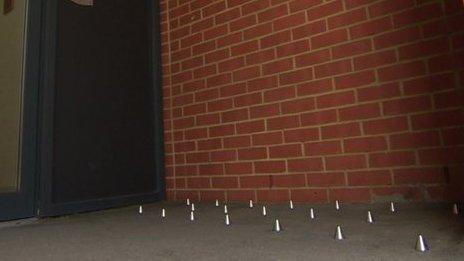Homeless single people should get more help - Supreme Court
- Published
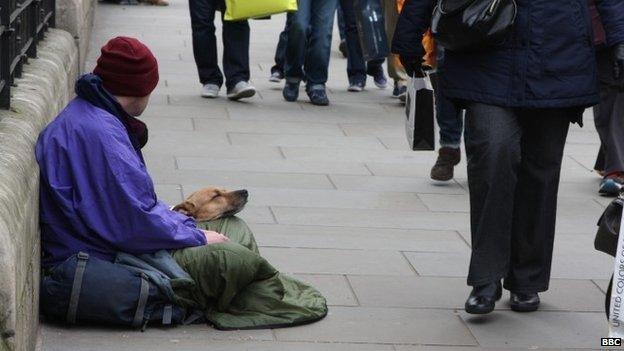
The Supreme Court decision will make it easier for vulnerable homeless people to access care
The Supreme Court has said that councils must do more to help single homeless people, in a landmark ruling.
The court found that local authorities were failing to recognise homeless people in vulnerable situations.
Ruling on the cases of three homeless men, the court found that one, Patrick Kanu, was wrongfully denied care.
The court said councils assessing the needs of single homeless people should compare them with an "ordinary person" rather than another homeless person.
The decision will change the "vulnerability test" by which councils decide which homeless people should be provided with housing.
Not a priority
Before today's ruling, councils assessed potentially vulnerable people by comparing them with a so-called "ordinary homeless person".
That led to situations in which single homeless people suffering from problems including depression and suicidal thoughts were deemed not vulnerable because an "ordinary homeless person" might be expected to suffer from those problems.
The comparison meant that Mr Kanu was deemed not to be a priority for housing assistance when he applied to Southwark Council last year, despite suffering from "multiple physical problems as well as psychotic symptoms and suicidal ideation".
Mr Kanu - along with two other men, Craig Johnson and Sifatullah Hotak - took their cases to the Court of Appeal but the court upheld the decisions made by Southwark and Solihull councils.
All three men then took their cases to the Supreme Court, which found on Wednesday that Mr Kanu should have been deemed a priority. It ruled that Mr Johnson and Mr Hotak should not have been, but suggested that Southwark council look closely at its protocols with regard to Mr Hotak.
The change in the "vulnerability" assessment will lower the bar for those suffering from various problems and clear the way for them to be given priority status by their local council.
'A major step'
Giles Peaker, a partner in the housing department at Anthony Gold Solicitors, told the BBC it was the "most significant judgement in homeless law on vulnerable people in the past 10 to 15 years".
"The ruling makes it more likely that vulnerable, single homeless people will have their vulnerability taken seriously and it clears the way for them to go into priority need," he said.
"Vulnerability had become almost impossible to demonstrate but this now gives purpose to the original intention of the law that people with more risk are given accommodation."
Evidence provided to the court by the charity Crisis showed that the average age of death for a homeless person is just 47. They are nine times more likely to take their own lives and 13 times more likely to be a victim of violence.
Jon Sparkes, chief executive of Crisis said: "This ruling represents a major step in tackling the injustice faced by so many single homeless people in England today. The reality is that anyone sleeping on the streets is vulnerable, and we applaud today's ruling for making it easier for people to get help."
Campbell Robb, chief executive of homeless charity Shelter, said: "At the mercy of an almost impossible test, thousands of vulnerable homeless people have been forced to sleep rough or [been] pushed into dangerous situations.
"Today's landmark ruling should make this a thing of the past, and mean the law rightly acts to protect those who need it most."
'Not enough homes'
A spokesperson for the Local Government Association said: "Councils will be considering this ruling carefully. It is a tragedy when anyone becomes homeless and councils work hard to find appropriate accommodation for homeless people, particularly those who are young, vulnerable, or with families.
"With homelessness approvals increasing and local authorities accepting more people than ever, sadly, councils simply do not have enough homes to provide accommodation for all of those who need support, due to a shortage of housing and pressures on their budgets.
"Councils are continuously finding new and innovative ways to deliver and finance new homes to expand the range of accommodation available. However, if they are to unlock their ambitions to build many more affordable homes, they must be given urgent flexibility to do so."
- Published4 February 2015
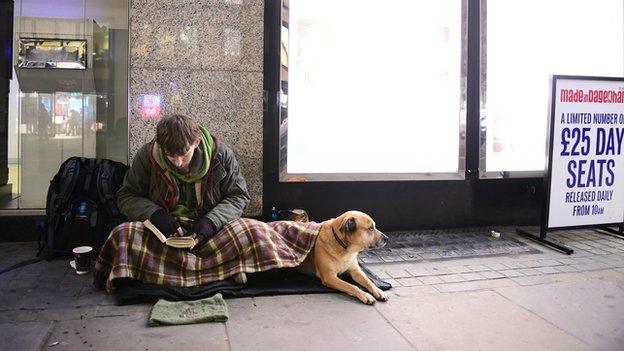
- Published2 April 2015
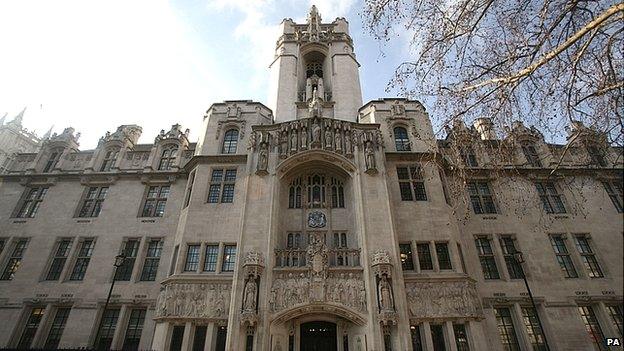
- Published16 December 2014
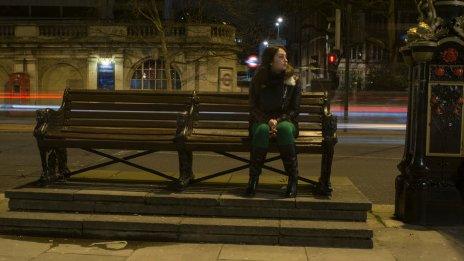
- Published13 June 2014
